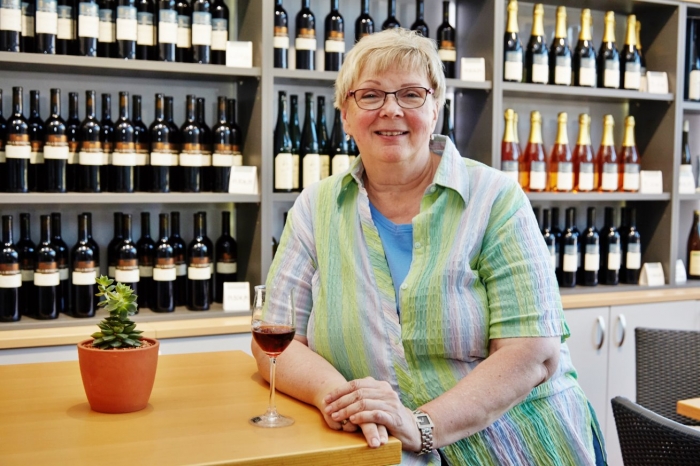Monika Christmann highlights climate change challenges and opportunities in the wine industry
2023-07-06

Monika Christmann, ex-president of the International Organisation of Vine and Wine (OIV), addressed the American Society of Enology and Viticulture (ASEV) in a stimulating conversation about climate change's challenges and opportunities within the wine industry. Christmann, a prominent figure in the viticulture academic community, underscored the impacts of changing weather patterns on the industry, suggesting various innovative solutions and potential future developments.
In her keynote address at the national conference held in Napa, she highlighted the havoc wreaked by extreme weather changes on both viticulture and winemaking. These weather fluctuations complicate industry adaptation, forcing a reassessment of strategies and practices.
Proposed strategies included experimenting with new grape varieties and unique wine styles, bypassing secondary fermentation in sparkling wines through the Charmat method, incorporating verjus in the winemaking process, and reducing alcohol levels by up to 2 percent.
Christmann, who oversees the wine program at Geisenheim University, Germany, where she earned her doctorate and later joined as a professor, held the OIV presidency from 2015 to 2018. This period saw notable climatic shifts, which she passionately discussed during her presentation.
Following the 44th World Congress of Vine and Wine in Cadiz-Jerez, Spain, Christmann discussed the severe heatwaves and drought in Spain, which she described as the most severe in three centuries. With the ongoing climate crisis, Christmann noted that future Spanish winemaking would likely focus more on lighter styles of white wines with more acidity and lower alcohol levels.
Christmann drew no definitive conclusions but instead offered numerous invaluable insights, skillfully weaving between humor and sobering reality. Climate change, new technology, economic considerations, and evolving wine production techniques are all influencing the industry's trajectory.
Globalization and increased winemaking quality are changing wine production locations, with countries like China, Sweden, and Denmark emerging as new wine producers. This global diversification challenges traditional geographic limitations of wine production, previously thought to not exceed 50 degrees north. Christmann mentioned increased interest in international wines, evidenced by the growth in imports from 25% to 40% in the past decade.
As climate change continues to disrupt traditional wine-growing regions, vineyards must experiment with new grape varieties resistant to powdery mildew and drought. These innovations require careful analysis, experimentation, and creativity in winemaking, challenging pre-existing winemaking principles.
However, climate change's implications extend beyond higher average temperatures. According to Christmann, the frequent temperature and weather extremes present the most significant challenges to vineyard adaptation. She warned of inexplicable vineyard disasters and the accelerating timeline of climate change impacts, such as earlier harvesting periods.
While warmer European climates initially boosted wine scores, too much warmth is detrimental. Prime riesling vineyards, for instance, are experiencing 'burning' from excessive heat, resulting in unusually high alcohol levels for these wines. Furthermore, escalating temperatures demand changes in sparkling wine production, potentially necessitating a shift towards the single-fermentation Charmat method.
Christmann also pointed out the catastrophic effects of floods, as evidenced by the devastating Ahr river flood in July 2021, which caused property damage exceeding $32 billion.
Christmann's address underlined the urgency and complexity of climate change impacts on the wine industry. While she presented innovative solutions and novel industry approaches, she also emphasized the need for continued vigilance, adaptation, and creative thinking to navigate the uncertainties of this challenging era.
Founded in 2007, Vinetur® is a registered trademark of VGSC S.L. with a long history in the wine industry.
VGSC, S.L. with VAT number B70255591 is a spanish company legally registered in the Commercial Register of the city of Santiago de Compostela, with registration number: Bulletin 181, Reference 356049 in Volume 13, Page 107, Section 6, Sheet 45028, Entry 2.
Email: [email protected]
Headquarters and offices located in Vilagarcia de Arousa, Spain.